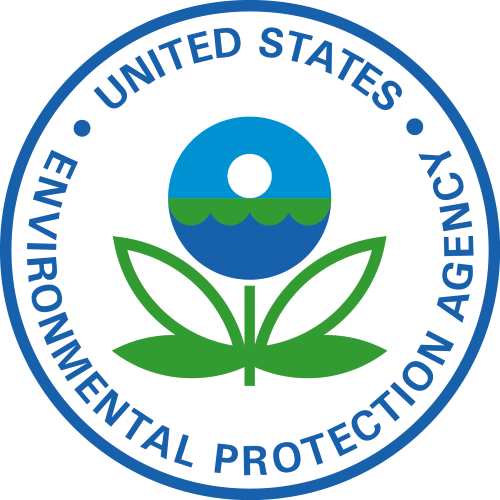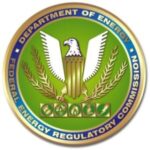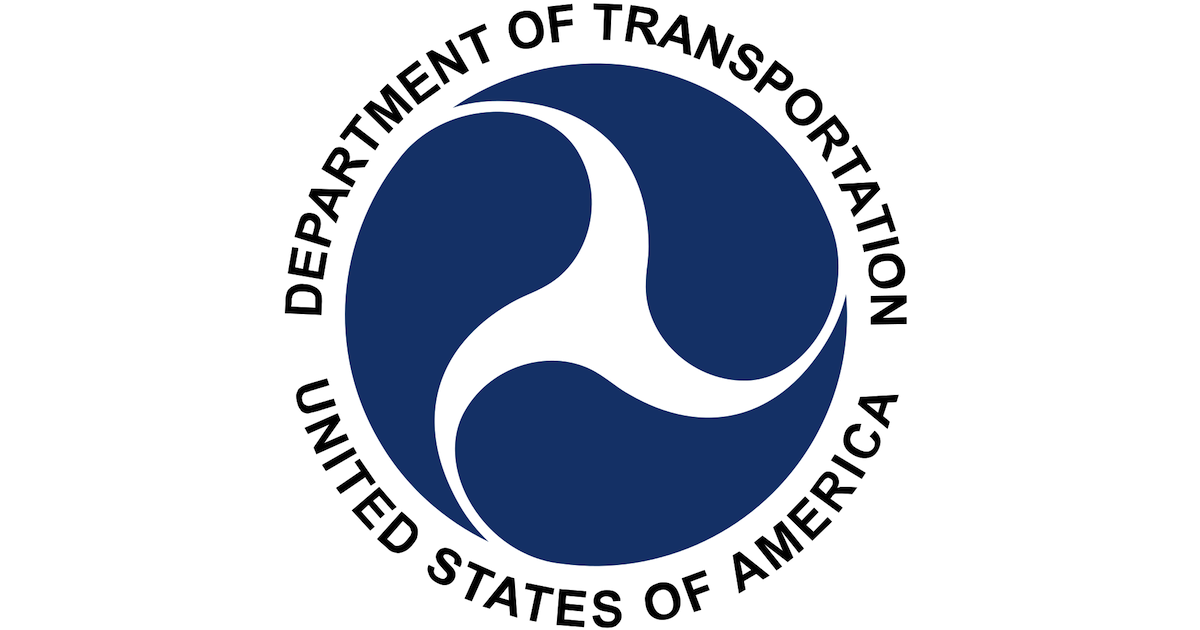Stay Current
March 12, 2010 Hon. Jeff Bingaman Chairman Committee on Energy and Natural Resources United States Senate Washington, DC 20510 Dear Mr. Chairman: Representing the broad spectrum of the natural gas industry, the members of the ±«Óãtv Council [...] Read More
On February 2, 2010, INGAA sent a letter to Chairmen Baucus and Rangel advocating an extension of bonus depreciation for new pipelines authorized prior to July 1, 2011 and placed in service by December 31, 2013. This extension of the in-service date [...] Read More
INGAA submits this comment letter pursuant to the notice issued by the Environmental Protection Agency (“EPA”) on September 30, 2009, and published in the Federal Register on October 7, 2009, (the “Reconsideration [...] Read More
On January 21, 2010, INGAA, IPAA, and NGSA sent a letter to EPA Administrator Lisa Jackson concerning the EPA Tailoring rule’s impact on natural gas infrastructure projects. Specifically, the application of PSD and Title V to natural gas [...] Read More
On January 15, 2010, the ±«Óãtv (“INGAA”) sent a comment letter to the Federal Emergency Management Agency (“FEMA”) addressing FEMA’s proposed adoption of three privately developed [...] Read More
The ±«Óãtv (“INGAA) submits these comments regarding the EPA proposed “Tailoring Rule”. Under the Proposed Rule, greenhouse gas (“GHG”) emissions by some stationary sources [...] Read More
On December 14, 2009 INGAA filed a letter of support and comments to docket number PHMSA-2009-0192 regarding Pipeline Safety: Pipeline Damage Prevention Programs. INGAA is in support of PHMSA's effort to improve One Call [...] Read More
This report, “Status of Waste Heat to Power Projects on ±«Óãtv Pipelines,” (Status Report) prepared by ICF International, provides an update to INGAA’s February 2008 white paper entitled “Waste Energy Recovery [...] Read More
INGAA sent a letter on October 19, 2009, to Senators Bennet, Murkowski and others regarding suggestions for natural gas related provisions to be included in climate change [...] Read More
FOR IMMEDIATE RELEASE: OCTOBER 20, 2009 CONTACT: Richard Hoffmann (202-216-5909) Multi-Billion Dollar Investments in ±«Óãtv Infrastructure Required to Meet Projected Long-Term Supply and Demand Outlook New Study Indicates Robust Domestic [...] Read More
Abstract: The ±«Óãtv Pipeline and Storage Infrastructure Projections Through 2030 study, analyzes future natural gas infrastructure requirements under various market scenarios. It projects a range of investment from $133 to $210 billion in [...] Read More
INGAA seeks rehearing of the Commission’s order of August 27, 2009, in Southern ±«Óãtv Co., et al., 128 FERC ¶ 61,198 (“Order Granting Abandonment Authority and Issuing Certificates”) and its order of [...] Read More
INGAA supports the Commission's proposal to adopt NAESB standards for index-based pricing of capacity releases and flexible receipt and delivery points in accordance with the foregoing comments, and respectfully requests that the Commission defer [...] Read More
On September 28, 2009, INGAA filed comments addressing the Transportation Security Administration’s proposal to solicit contact information and establish a voluntary incident reporting program as part of it forthcoming Pipeline Security [...] Read More
INGAA supports the proposed incorporation of updated consensus standards into 49 C.F.R. Part 192 (“Part 192”). INGAA and its members participate in many of the committees responsible for developing these standards, and INGAA [...] Read More
INGAA is concerned that the NO2 NAAQS Proposal could result in onerous regulatory requirements for NOx sources throughout the U.S., without commensurate societal benefit or compelling evidence that the proposed 1-hour standard is necessary to [...] Read More
The INGAA Foundation, Inc. prepared an analysis of the process by which natural gas pipeline and storage facilities are approved to provide service in interstate commerce in the United States. The study presents a review of the evolution of [...] Read More
INGAA appreciates PHMSA’s interest in improving its incident, infrastructure and performance database. Consistent with this focus, the proposed definition of “incident” should be substantially modified to reflect the central [...] Read More
INGAA’s members and the Services have a mutual interest in improving the efficiency of the conference and consultation processes implementing section 7 of the Endangered Species Act (“ESA”). For interstate pipelines, improved [...] Read More
The following letter is Don Santa's response to Jeff Wiese's letter denoting construction conerns and outlining PHMSA's reaction to INGAA's action plan regarding pipe quality. This letter has been shared with the INGAA Board of Directors, the [...] Read More





